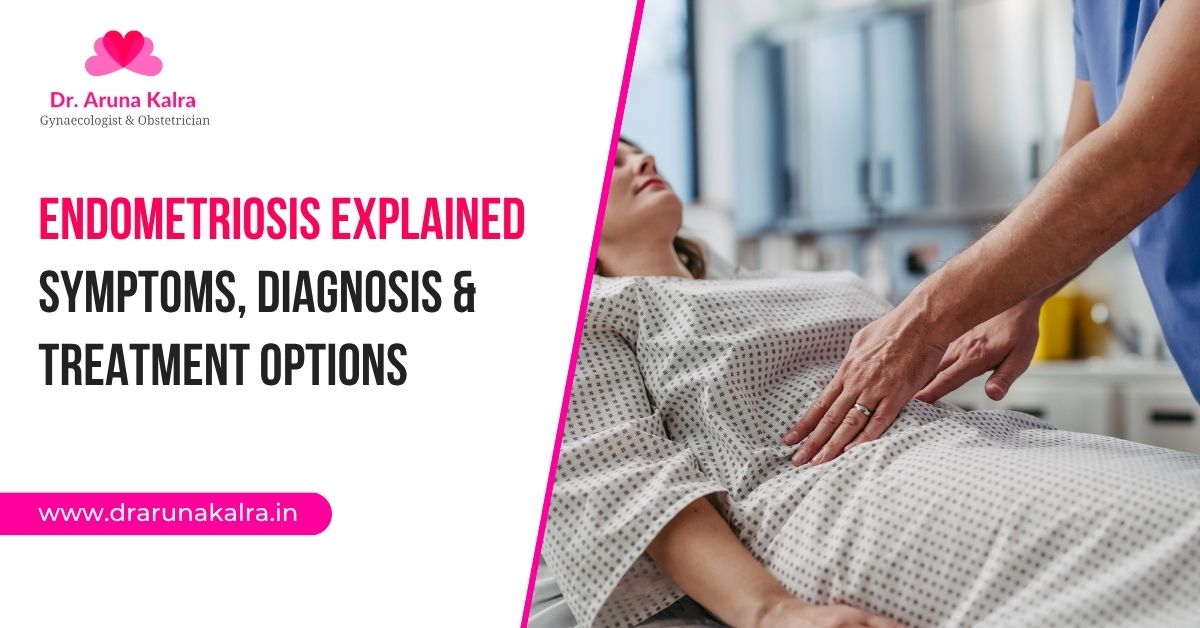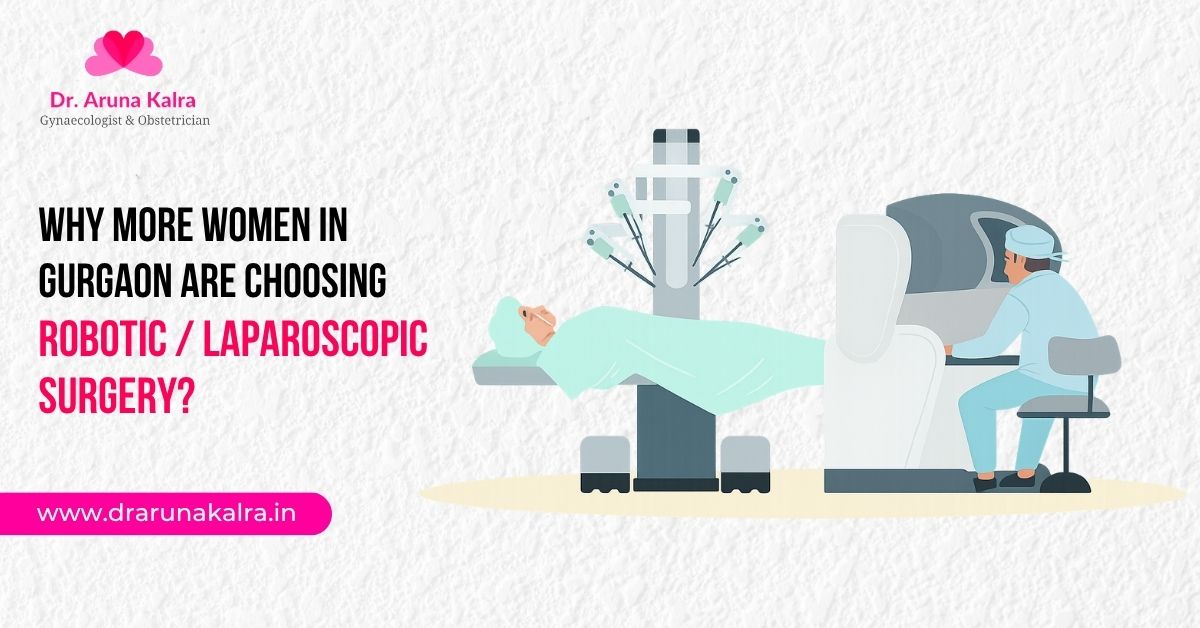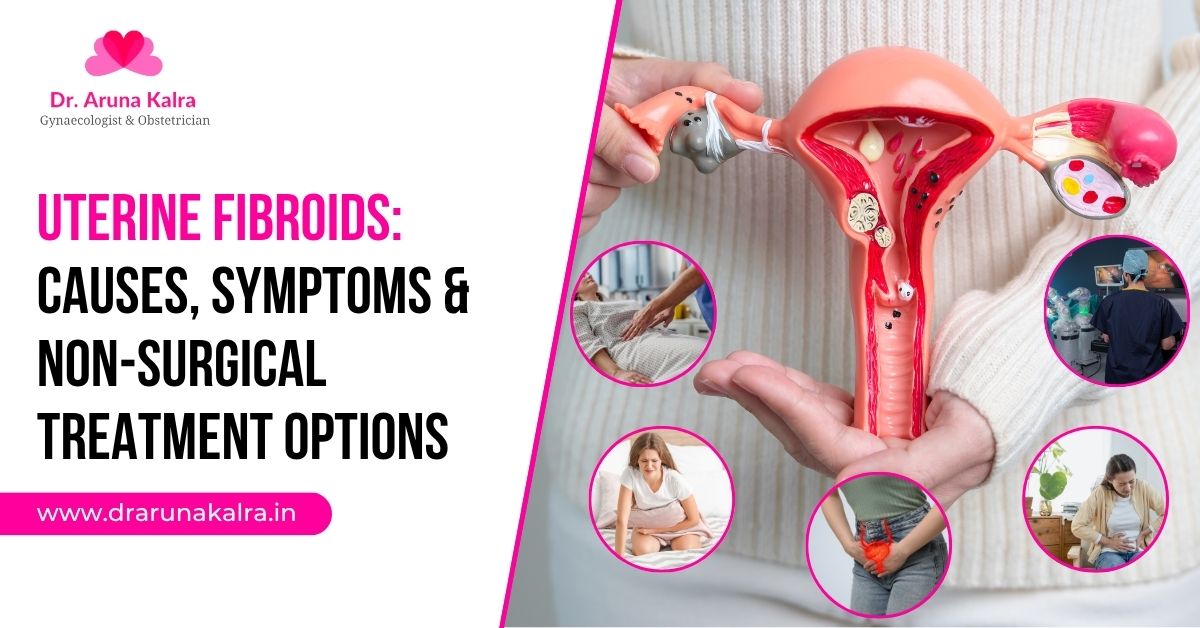
Why trust Dr. Aruna Kalra?
-
 25+ years of trusted care
25+ years of trusted care
-
 Multiple successful surgeries
Multiple successful surgeries
-
 State-of-the-art laparoscopic technology
State-of-the-art laparoscopic technology
-
 Personalized treatment plans tailored to each patient
Personalized treatment plans tailored to each patient
Book a Consultation
Consultation Request Submitted
Your consultation request has been successfully registered. Our counsellor will connect with you within the next working hour.
or
Need immediate help?
![]() Call Us
Call Us


